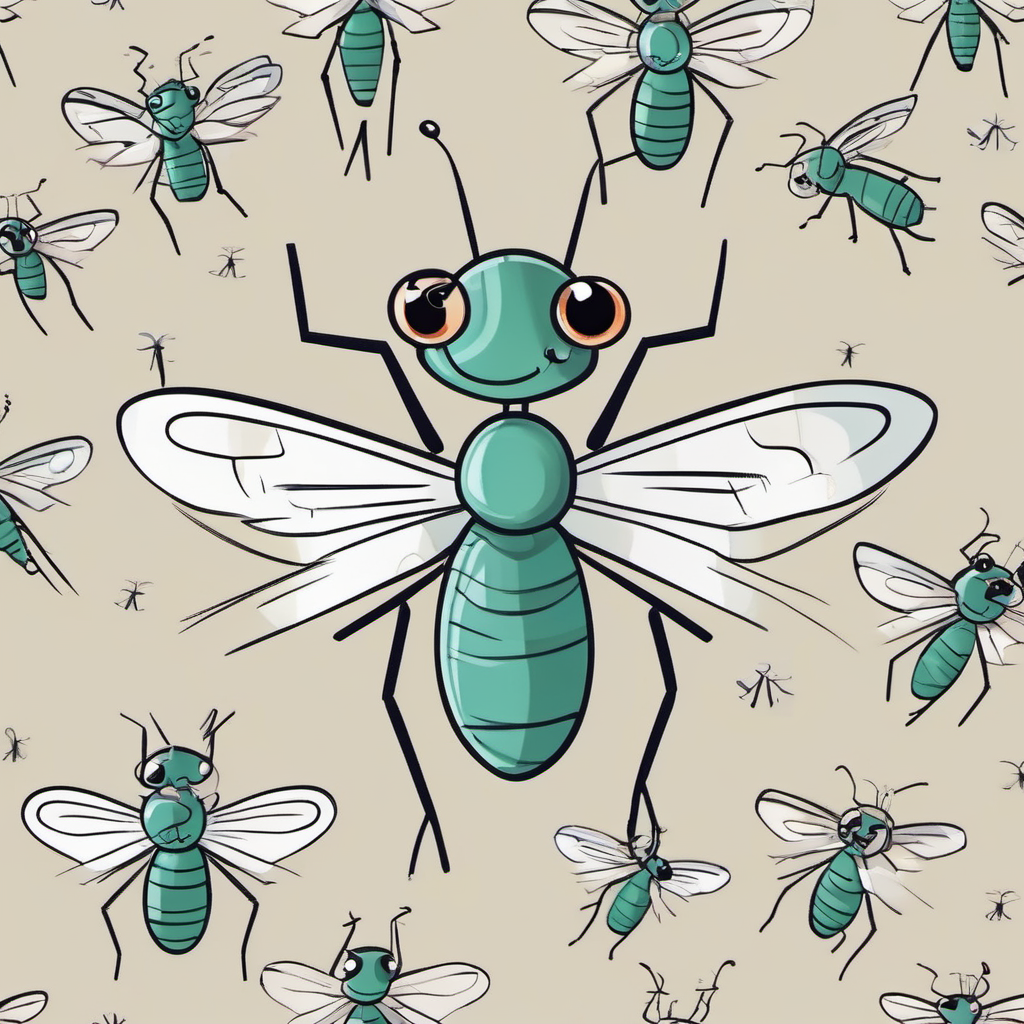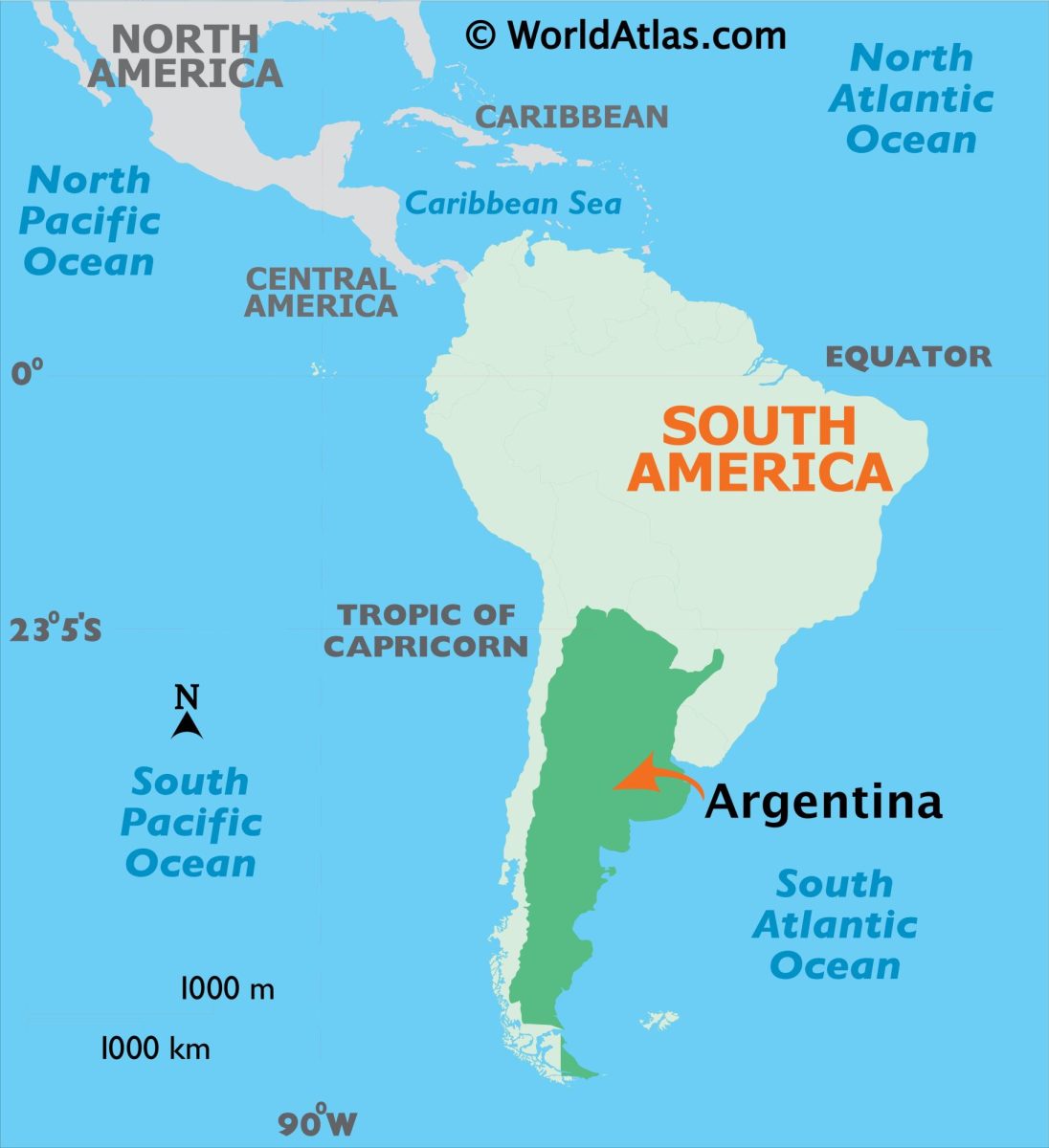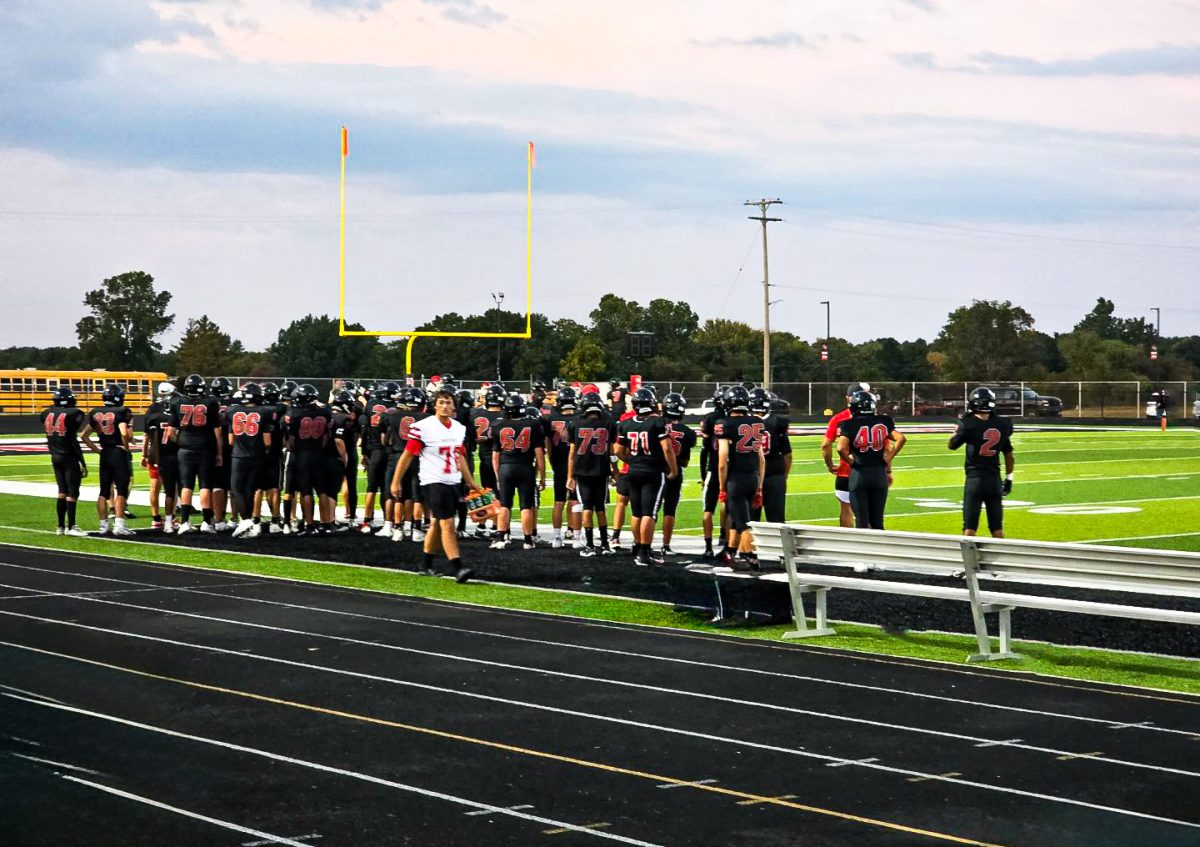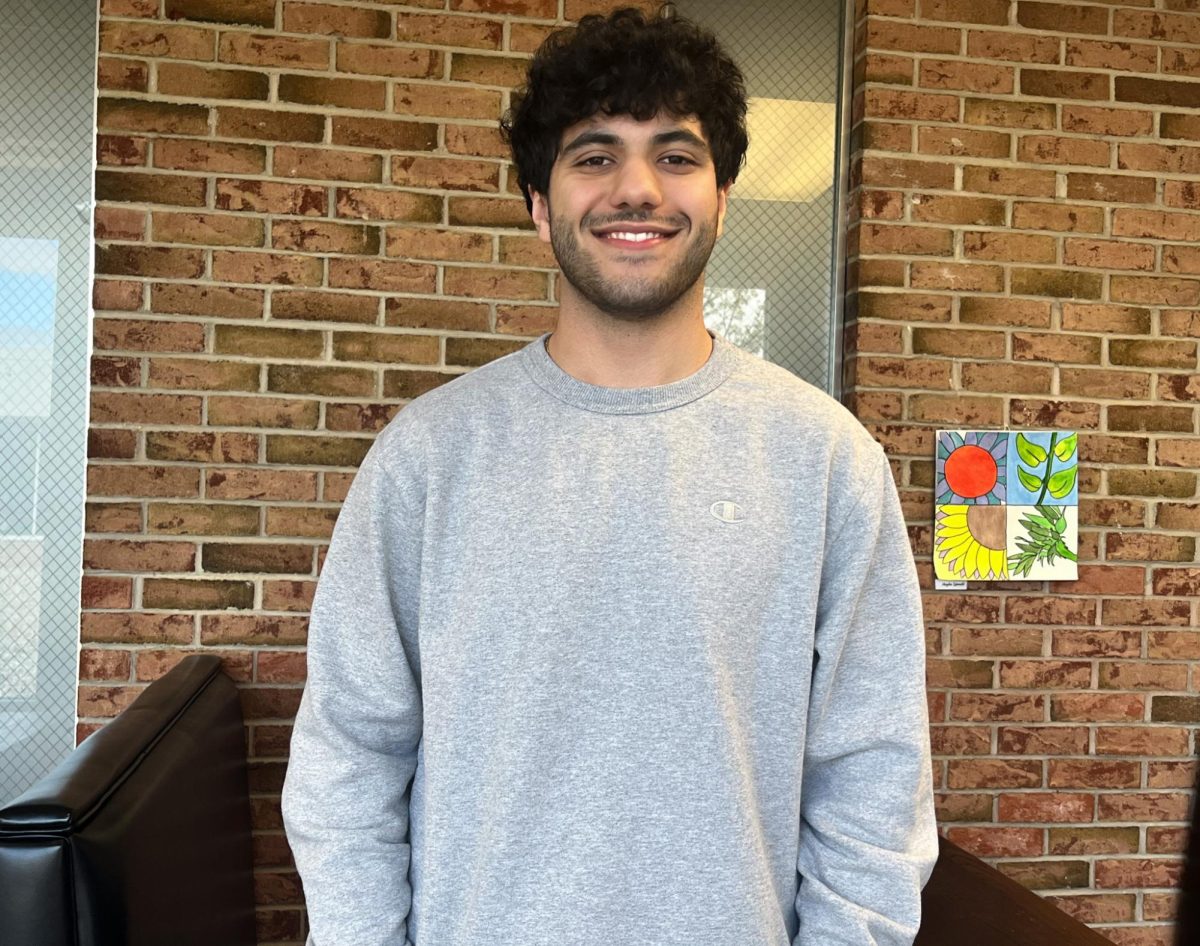Northwest´s newest science teacher, Tobi Skaggs, has an unconventional past.
Skaggs attended Michigan State University (MSU), known for its College of Agriculture and Science. That is exactly what she was looking for.
“My passion lies within biology and nature,” said Skaggs. “I enjoy teaching more than my past position.”
She has a Bachelor’s Degree in Science, and after completing an internship she began her teaching journey.
“It feels like I’m serving my purpose sharing what I know,” said Skaggs.
While Skaggs enjoyed being active in nature and collecting traps once set, this shift has been a learning curve she has needed to adjust to.
“She is very nice, helpful, and always has been good at one-on-one interactions,” said Freshman Kellen Tiffany, one of Skaggs’ students.
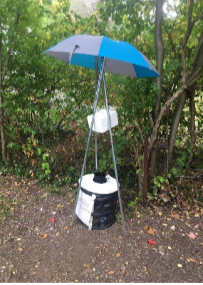
Skaggs’s previous work involved collecting mosquitoes and ticks for the Jackson County Health Department. Skaggs was looking for diseases in ticks and mosquitoes.
Skaggs was undergoing studies to find Zika in mosquitos and Lyme disease in ticks. She caught the mosquitos by using dry ice and then placing them into 60 self-made mosquito traps.
The dry ice releases CO2 while melting. Mosquitoes are attracted to CO2. Then a reverse fan would suck in the mosquitoes when they got close and it would deposit them into a bag under the fan.
Skaggs would let it run for 24 hours before collecting the live mosquitoes and bringing them to the Jackson County Health Department to put them in a freezer. Putting the mosquitoes in the freezer it kills them humanely.
She would take them out of the freezer and look at them individually under a microscope. Skaggs was required to report all of her findings to the state.
She had a long white cotton cloth used to collect ticks. The cloth would be dragged along the paths of hiking trails to collect them. Then Skaggs would place them in a vial of alcohol to terminate the insects.
Skaggs would then take the dead ticks to the Jackson County Health Department. She would look for a specific species of ticks that carried Lyme disease. These species were the black-legged ticks also known as deer ticks, or in some parts of the United States as bear ticks.
Overall Skaggs’ love for science has followed her through every major and minor career pathway she has pursued, and she is more than to continue growing and sharing her passion for science.

